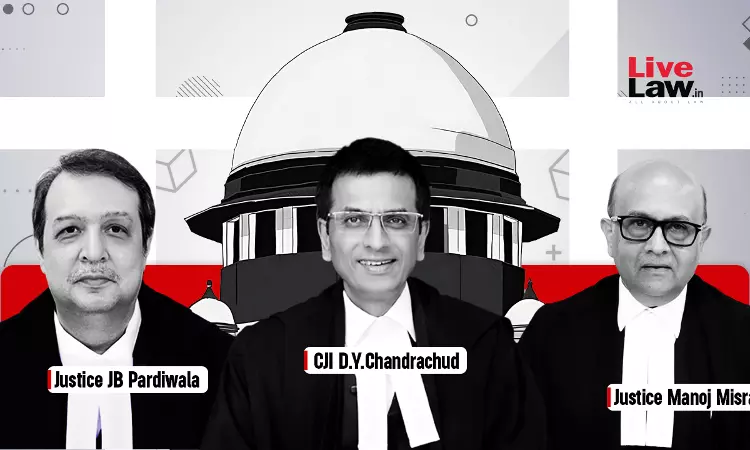The Supreme Court recently upheld the power of Municipal Councils to levy terminal tax within the limits of Scheduled Areas, dismissing an appeal brought by a coal mining company challenging the imposition of such taxes in Madhya Pradesh. The Court emphasized that Paragraph 5(1) of the Fifth Schedule grants the Governor the power to direct either that the parliamentary or state laws would...

